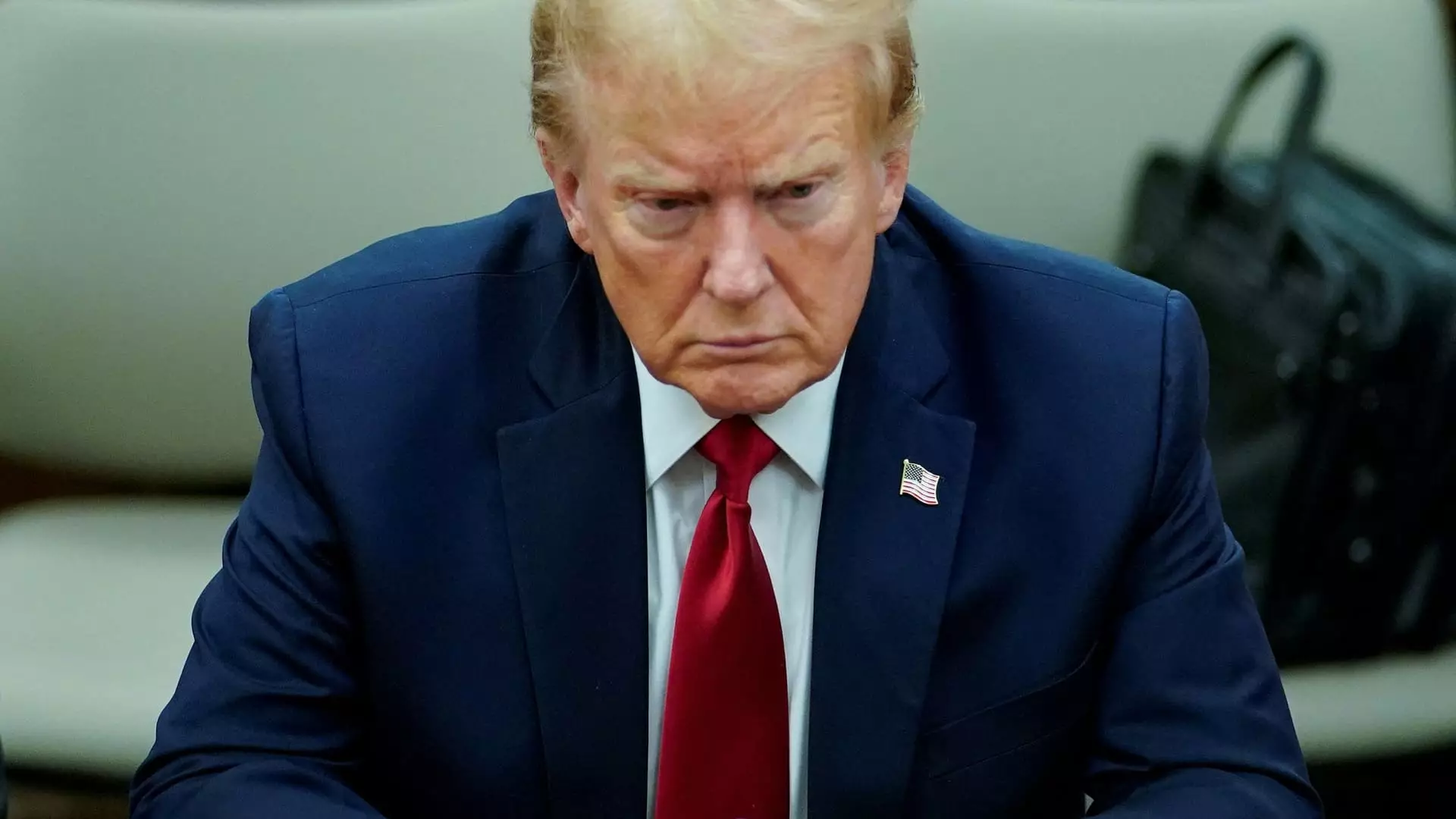A federal appeals court has recently upheld a gag order imposed on former President Donald Trump in his criminal election interference case in Washington, D.C. However, the court has narrowed the scope of the order, allowing Trump to speak about special counsel Jack Smith, who is leading the prosecution in the case. This article will provide a critical analysis of the federal appeals court’s ruling on the gag order and its implications for Trump’s First Amendment rights and the integrity of the case.
The original gag order, imposed by U.S. District Judge Tanya Chutkan, prohibited Trump and others involved in the case from making public statements about witnesses or parties affiliated with the case if those statements would interfere with the proceedings. This order was seen as overbroad and potentially infringing on Trump’s right to freedom of speech, especially considering his status as a former president and a current candidate for the presidency.
The three-judge panel in the U.S. Court of Appeals for the D.C. Circuit, led by Judge Patricia Millett, upheld the gag order but narrowed its applicability. The court agreed with the concerns raised by Trump’s spokesperson, Steven Cheung, who argued that Trump’s speech should be protected under the First Amendment. However, they also noted that Trump is an indicted criminal defendant who must adhere to the same procedures as any other defendant. Therefore, the court struck a balance by allowing Trump to speak about special counsel Jack Smith, as long as his statements do not materially interfere with the case.
While the appeals court’s ruling has narrowed the scope of the original gag order, it is important to critically examine the implications and potential drawbacks of this decision. The court emphasized the need to protect the integrity of the case and maintain fairness in the legal proceedings. However, the argument can be made that restricting Trump’s speech too much could also undermine the principles of free expression and transparency.
The First Amendment of the United States Constitution guarantees the right to freedom of speech. By imposing a gag order on Trump, even in a limited capacity, there is a risk of infringing upon his constitutional rights. As a former president and a prominent figure in American politics, Trump’s words and opinions carry significant weight. The public has a legitimate interest in hearing from him, especially during a presidential campaign. Therefore, any restrictions on his speech should be carefully considered to avoid unduly silencing him.
Judge Millett’s argument that Trump, as an indicted criminal defendant, must be subject to the same procedures as others and stand trial in a courtroom is valid. It is crucial to adhere to the rule of law and ensure equal treatment under the legal system. However, it is equally important to avoid creating a chilling effect on speech by imposing overly broad restrictions. Striking a balance between these two fundamental principles is a complex task that requires careful deliberation.
The gag order was initially requested by special counsel Jack Smith, who expressed concerns about Trump’s critical statements potentially undermining the integrity of the case and influencing the jury pool. While there is validity to these concerns, it is essential to assess the impact of such statements objectively. Merely criticizing key figures involved in a case should not automatically be considered interference. Open dialogue and public scrutiny are crucial components of a fair and transparent justice system.
The federal appeals court’s ruling on Trump’s gag order, while attempting to strike a balance between protecting the integrity of the case and Trump’s First Amendment rights, still raises legitimate concerns. It is essential to carefully consider the potential ramifications of restricting free speech in a high-profile criminal case, especially when involving a former president and a presidential candidate. Balancing the rule of law and the principles of free expression presents a challenge that necessitates ongoing evaluation and critical analysis.

Leave a Reply